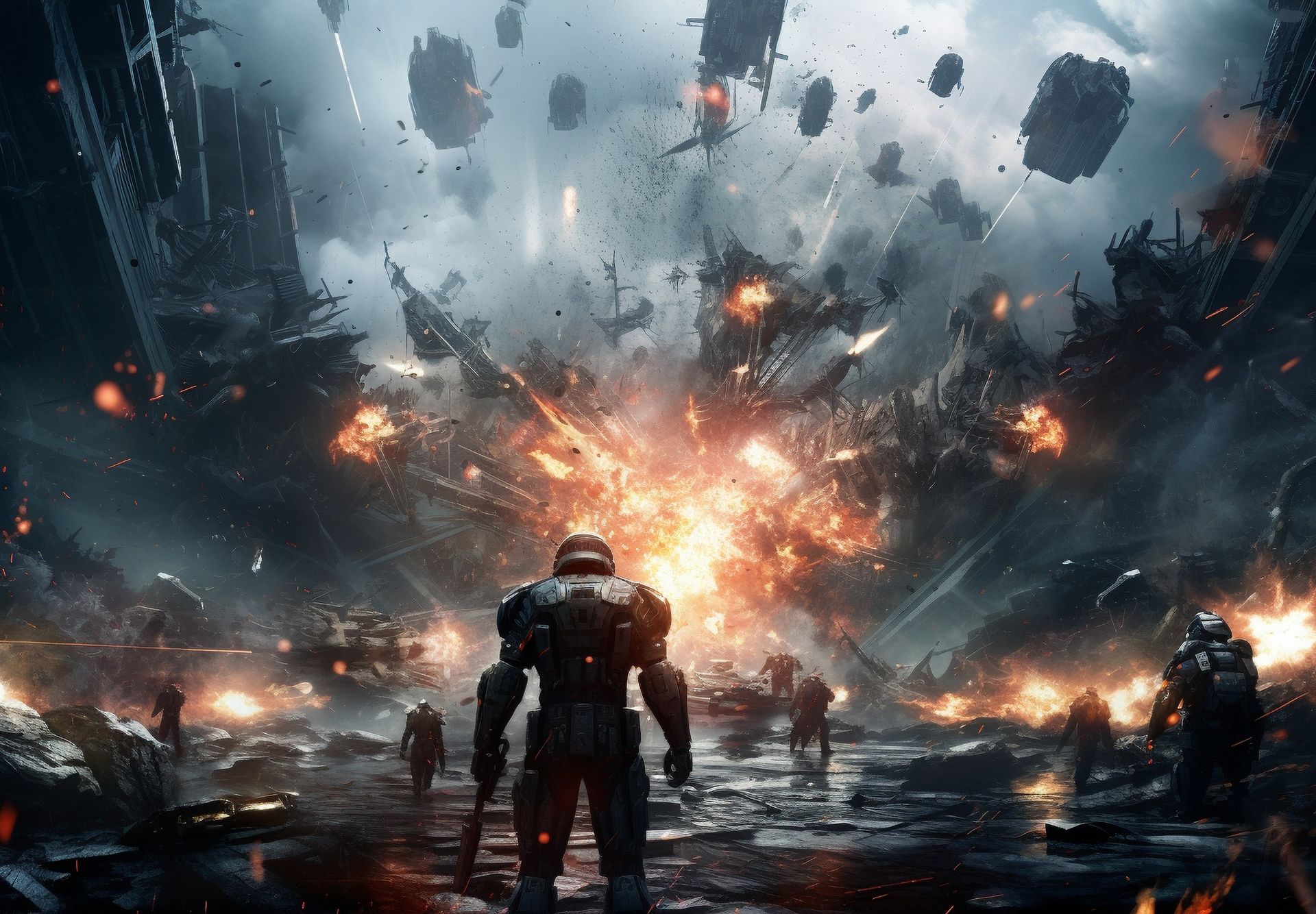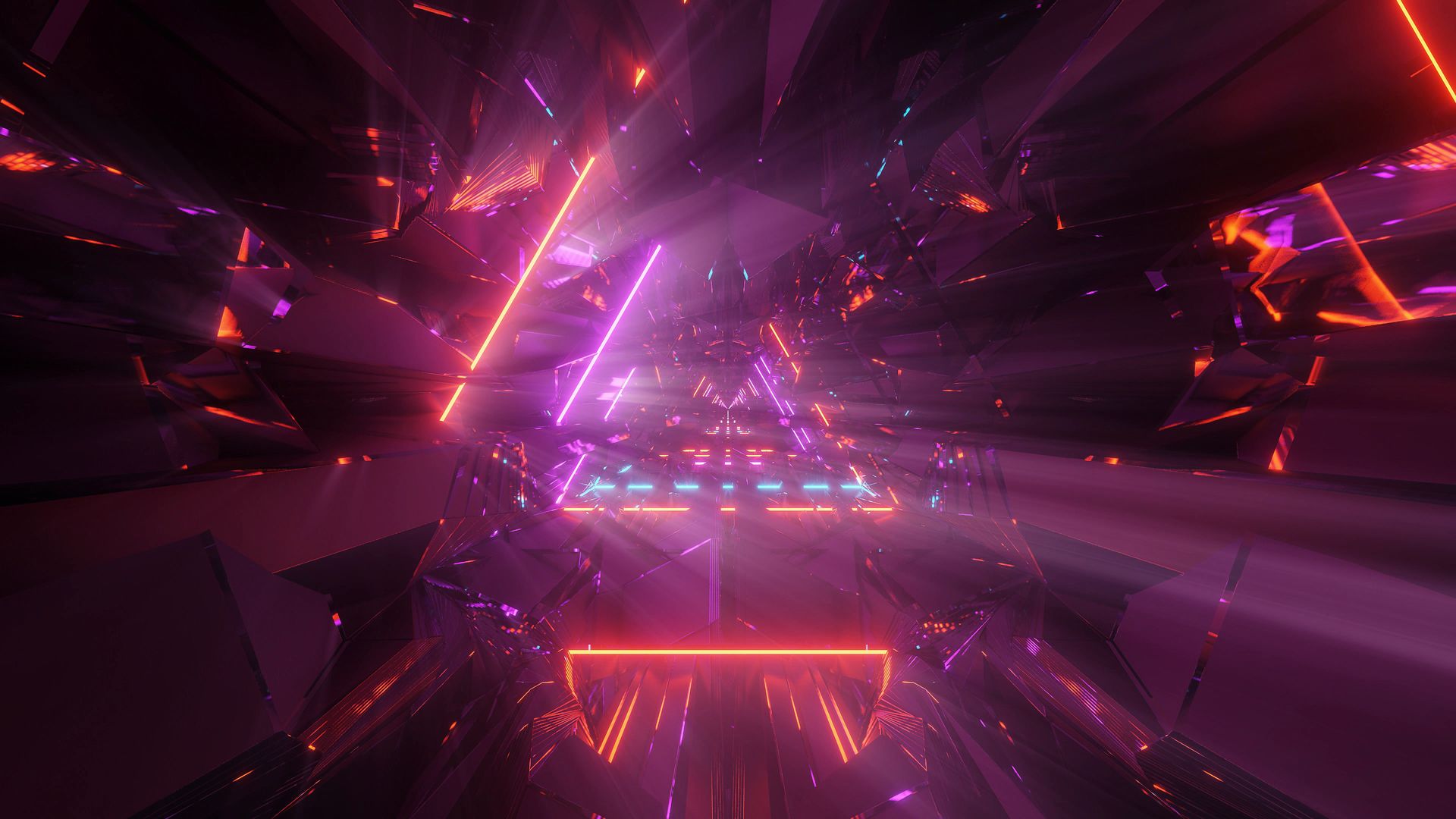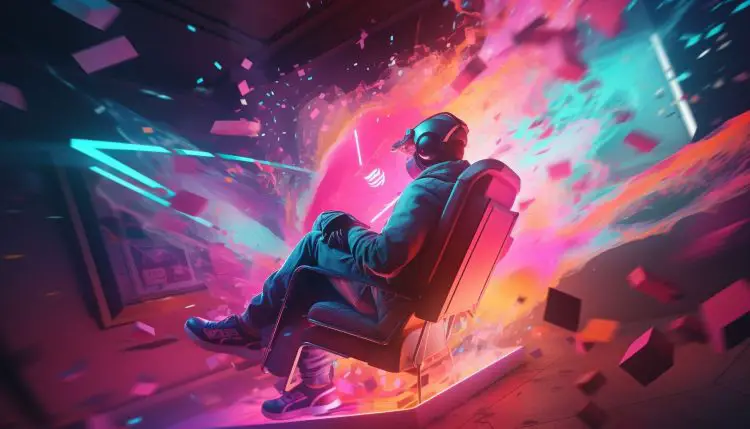As Web3 gaming showed resilience despite the crypto bear market, this year is shaping up to be even more dramatic as the industry powers ahead on the back of much more bullish enthusiasm.
The convergence of blockchain, decentralization and gaming is proving to be especially viable, as Web3 technologies such as NFTs and crypto enable play-to-earn gaming models to redefine the video games industry. As more gamers prepare to traverse this brave new frontier in gaming, we reveal the latest trends that will define Web3 gaming going forwards.

Livestreaming
If you’re playing video games at home alone, why not livestream it to a much wider audience? This is exactly what many of the world’s top video gamers have started doing, transforming their hobbies into an engaging and interactive live experience for others to view and enjoy. For a few lucky game streamers, they can even earn a decent living from playing games.
While only the best gamers will accumulate a huge audience, more modest players needn’t lose hope. With the emergence of Azarus, which was recently acquired by Animoca Brands, livestreaming for blockchain games is fast becoming a viable concept. Unlike with traditional streaming platforms such as Twitch, Azarus enables anyone to start earning rewards for livestreaming their video game feed and engaging with audiences. With Azarus, players can compete in interactive games via a simple browser extension and showcase their gameplay to hundreds, thousands and potentially even millions of viewers.
There’s no better time to jump right in than the present, and with Web3 gaming on the rise, livestreaming is set to spread like wildfire through the industry.
Asia To Become King
Asia already dominates the traditional video games market with more than 1.7 billion regular gamers, and it is known as a video game development powerhouse too. Now, with more than 600 blockchain companies already based in Asia, the region is set to play a key role in transforming the video gaming industry with Web3 elements.
Mobile gaming is especially popular in Asia, yet its free-to-play model has been heavily criticized in recent years, and more gamers are waking up to the way they’re being exploited by video game developers. They throw hundreds, if not thousands of dollars into their favorite games, but apart from the experience they gain very little else to show for those investments.
This is why blockchain video games are set to explode in Asia, and the region has already emerged at the forefront of the industry. For instance, Japan has already produced the world’s first dedicated gaming blockchain in Oasys, which has established affiliations with major players such as Sega, Ubisoft and SoftBank. More recently, Oasys announced it’s partnering with Com2uS and its blockchain subsidiary XPLA to establish a layer-2 network specifically for that company.
Com2uS will take advantage of this to launch two new Web3 gaming titles in Japan in the first half of the year. It said these games will be based on internationally recognized IP, which suggests the partnership will be a significant step forward for blockchain gaming as a whole. At the same time, Com2uS has said its biggest gaming franchises, such as The Walking Dead: All Stars and Summoners War: Chronicle will also launch on the Oasys blockchain, bringing Web3 capabilities to large existing audiences of enthusiastic Asian gamers.

Social Web3 Games
Social media has arisen as one of the most viable applications for blockchain and Web3 thanks to its potential to create a much fairer environment for content creators, and so it makes sense that someone will try to combine social elements with gaming.
That’s exactly what Pixels is doing. Launched by Binance, Pixels is a social Web3 farming simulator that allows players to farm crops, trade their goods, cook food, buy and own plots of virtual land and build up their reputation within its virtual community.
Pixels is, in other words, a social farming game, where players can form guilds to aid each other and expand their farms through trade and partnerships, and it’s showcasing the immense possibilities for player-to-player collaboration in Web3 gaming, so expect more titles to follow with a similar approach.
AI-Infused Gameplay
The world has become fixated on artificial intelligence over the last year thanks to the rise of ChatGPT, and that has resulted in many VCs that were once focused on Web3 gaming switching to AI investments. At the same time, a number of crypto personalities have emerged as vocal advocates for the convergence of AI and blockchain, including Vitalik Buterin, who recently talked about four unique applications of AI and crypto.
Although Vitalik failed to mention AI’s possibilities for Web3 gaming, some startups are leading the way. For instance, Ultiverse is a developer of video games that uses an AI-powered platform to build its gaming worlds.
Ultiverse, which has just raised $4 million in funding, is leveraging large language models such as Llama and Stable Diffusion to train more flexible non-playable characters to ensure that no two players’ experiences are the same. It boasts that each interaction with a NPC will be unique, and players also have the ability to create their own AI agents. It also uses AI to power its account abstraction features, which are designed to hide the complexity of managing a digital wallet.
So far, it’s working, Ultiverse has already built three popular games, including a cricket game that has grown to more than 200,000 active wallets, and boasts more than 7.3 million registered players across those titles, with monthly active users at around 830,000
Web2 Games Embrace Web3
Finally, we’re expecting to see more Web2-like games emerge in Web3, resulting in more AAA-style Web3 video game titles, replacing relatively simple titles such as Axie Infinity.
Blockchain Game Alliance’s 2023 State of the Industry report shows that 19.8% of survey respondents believe traditional games studios that begin exploring Web3 will have the most positive impact on the industry this year, and there’s good reason to believe in this. Already, we’re seeing a rise in the number of AAA-style blockchain games gaining popularity, with examples including Guild of Guardians, Illuvium, Star Atlas, Sidus Heroes and others providing higher quality gameplay to rival the best traditional video games.
These next-generation Web3 games are a growing sign of the maturity of the Web3 gaming industry as a whole, and will be essential to attracting more traditional video gaming enthusiasts to come and see what all of the fuss is about.
Featured image credit: vecstock / freepik





